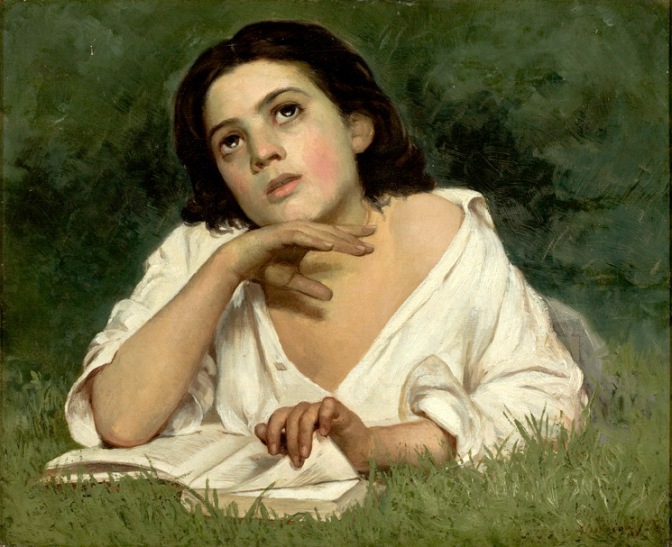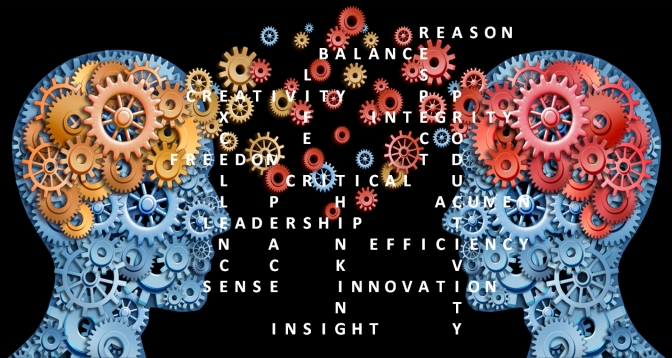Watch on YouTube
Through innovation, creative people attempt to solve unmet consumer needs. Design thinking is the process of reviewing user experiences with products and services, uncovering implicit gaps causing frustration, and then pointing toward new approaches (Kaufman & Sternberg, 2010, pp. 161-162). In reviewing trends in emerging media, I applied the seven steps in creative problem solving: assess a situation, explore a vision, formulate challenges, explore ideas, formulate solutions, explore acceptance and formulate a plan (Puccio, Mance, & Murdock, 2010, p. 71). Social media’s history and evolution covers a relatively brief period in human existence, but it’s a couple of decades that witnessed massive developments in consumer technologies. It’s time for innovators to reflect on how it might better serve society.
Every day, we create 2.5 quintillion bytes of data. Ninety percent of the world’s data was created within the last couple of years (2013). In the year 2000, we stored roughly 800,000 petabytes, or 0.8 zettabytes (Zikopoulos, Eaton, Deroos, Deutsch, & Lapis, 2011, p. 5). Researchers expect our storage to reach 35 zettabytes by 2020. Simple morning routines are filling storage devices in tons of ways. Data is created when you turn off your smartphone’s alarm, enter an expressway toll road, buy a cup of coffee and access a secure building. Much of the produced information is rarely analyzed, if at all. Continue reading →









